Dhaka, Nov 30 (V7N)— The interim government is committed to laying a foundation that ensures Bangladesh’s democracy thrives for the next 250 years, said Shafiqul Alam, press secretary to the chief advisor. He emphasized the responsibility of the interim administration to reform the state rather than leaving its flaws unaddressed, stating, “If the interim government leaves without repairing the state, this generation will put us in the dock.”
Alam made these remarks during a seminar organized by the Nationalist Democratic Movement (NDM) at the BRAC Inn Center in Dhaka on Saturday morning. He also mentioned the establishment of six reform commissions tasked with building a stronger and more resilient Bangladesh.
Highlighting the need for deep structural changes, Alam said the ongoing political unrest provides a unique opportunity for meaningful reform. “The movement of the last 15 years has brought us to this place. Standing in the current instability, we are talking about reforms. The debate about what kind of Bangladesh we want is exactly what we envisioned,” he added.
He drew parallels to the 1/11 era, critiquing the failure of the Moin-Fakhruddin administration to implement reforms before exiting. “People are angry because they presented a quick, responsible solution without addressing the root causes. They left without reforming the system, which we aim to avoid,” Alam remarked.
The press secretary also referenced reforms undertaken between 1976 and 1980, expressing the interim government’s intention to enact similar measures that would guarantee political stability for the next two to two-and-a-half centuries.
The seminar also highlighted proposals for ensuring free and fair elections while fostering a healthy political environment. Speakers called for vigilance to prevent any future government from becoming authoritarian.
Shafiqul Alam acknowledged attempts to destabilize the reform agenda but reiterated the government’s commitment to long-term solutions. “This is our opportunity to repair the state and create a system where no one can exploit power to establish fascist rule,” he said.
The interim government’s reforms aim to create a sustainable political system and ensure future governments respect democratic principles. While challenges remain, Alam’s remarks underscore the administration’s determination to build a robust foundation for Bangladesh’s democracy.
The seminar ended with calls for collaborative efforts among political and civic stakeholders to realize this ambitious vision for a reformed Bangladesh.
END/MSS/AJ



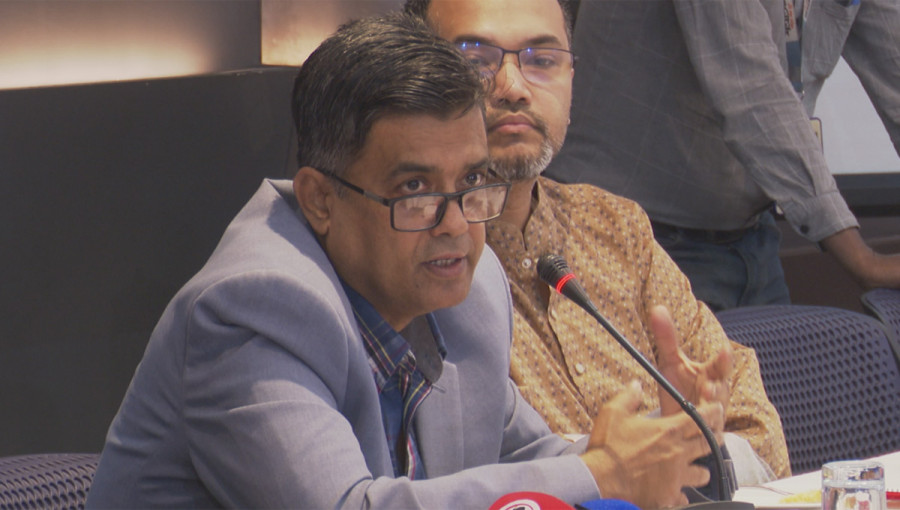
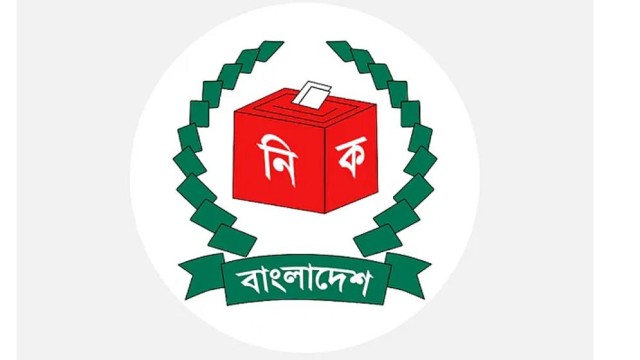
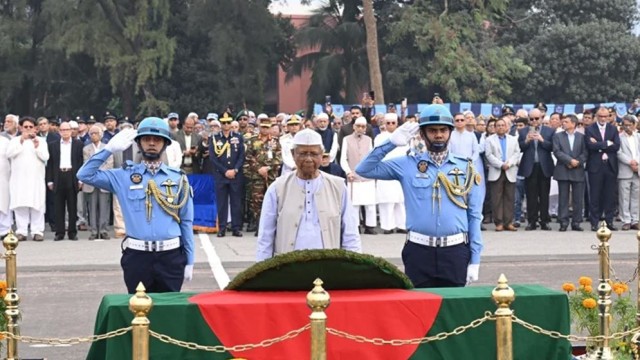
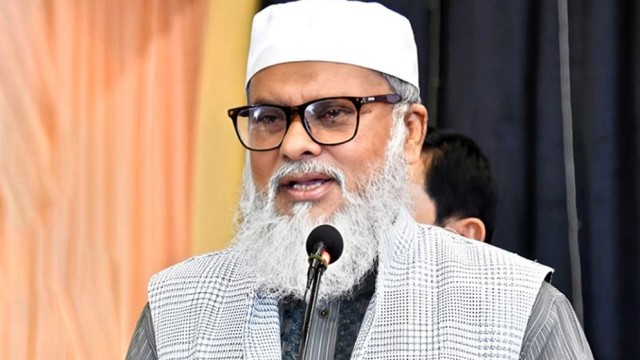
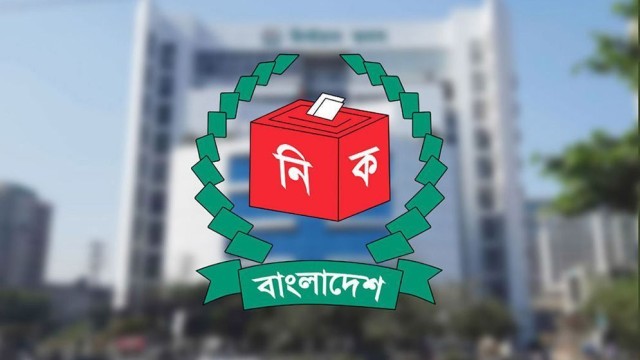

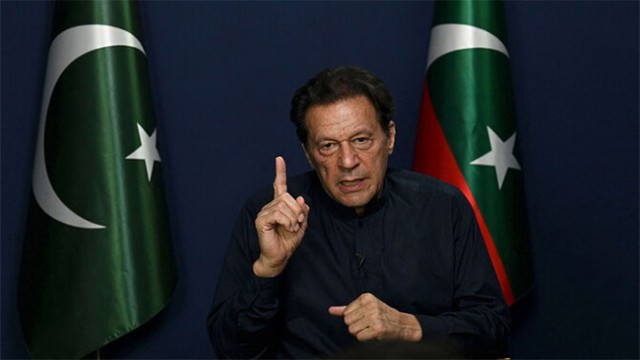
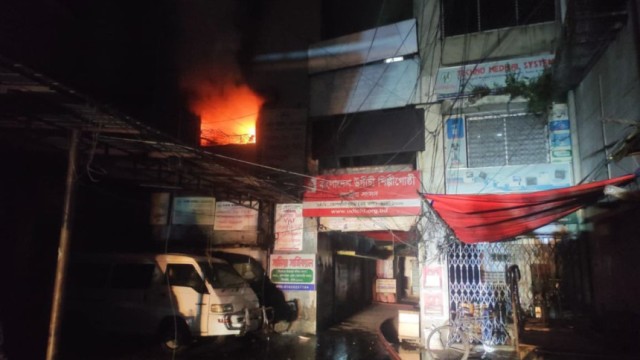

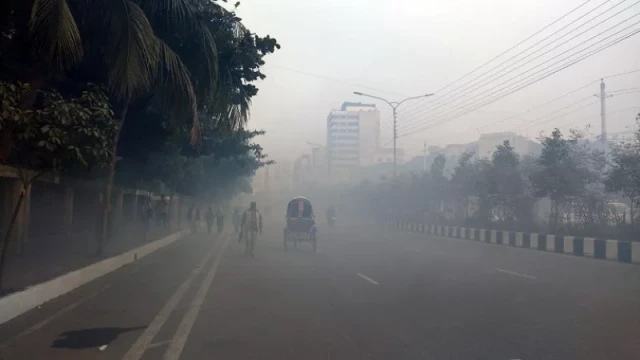
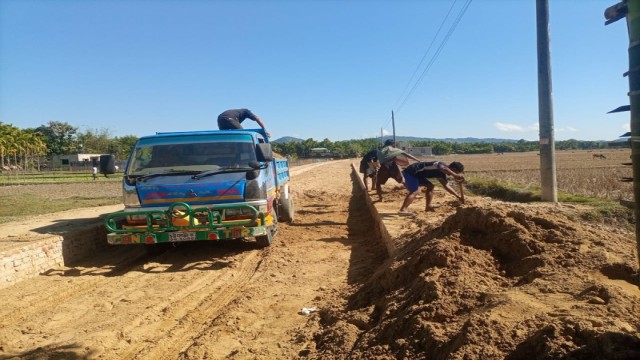
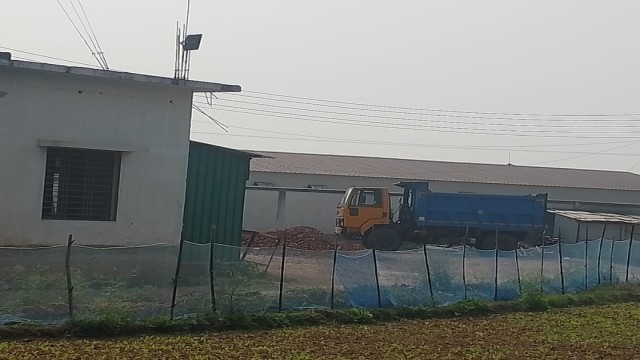
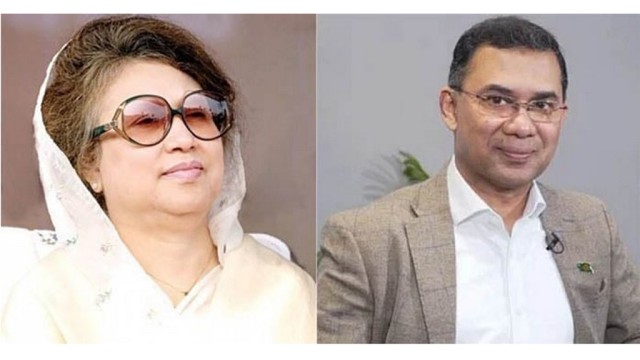
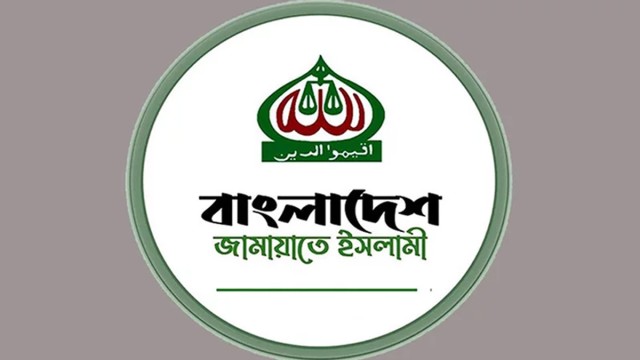

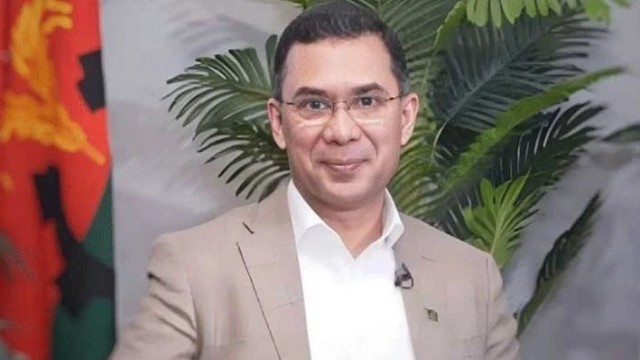

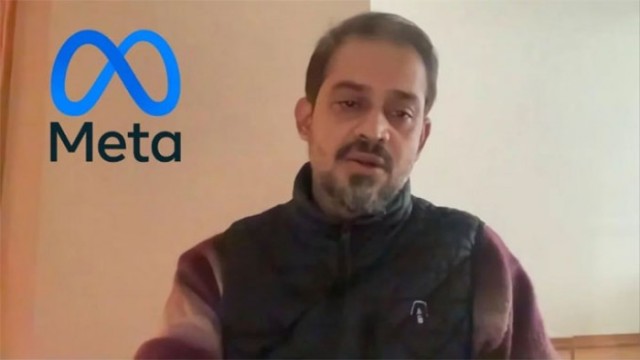
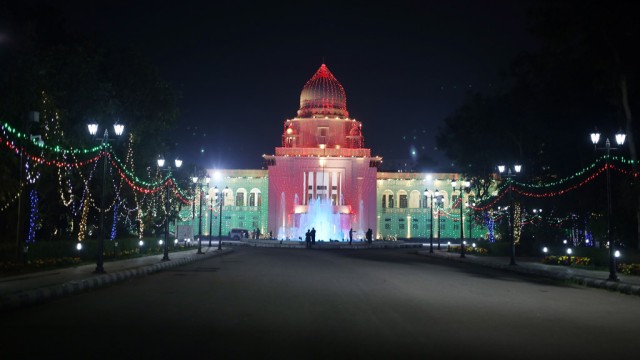
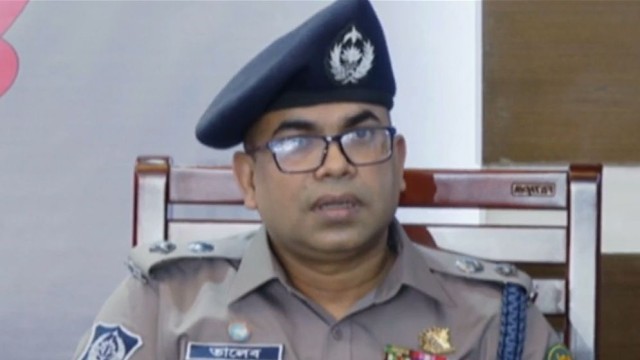
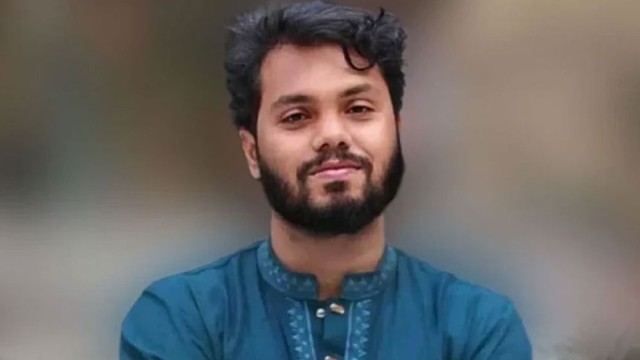
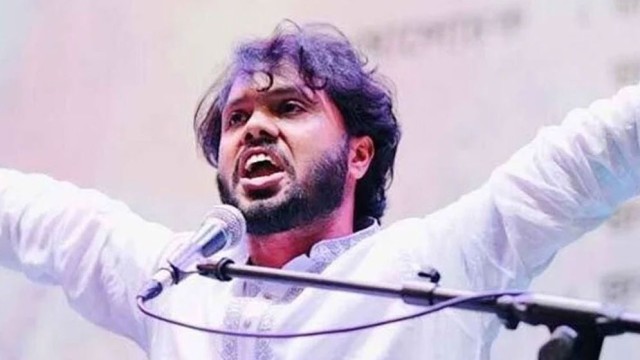
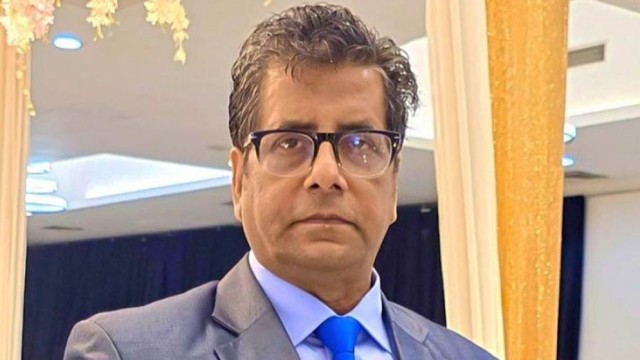
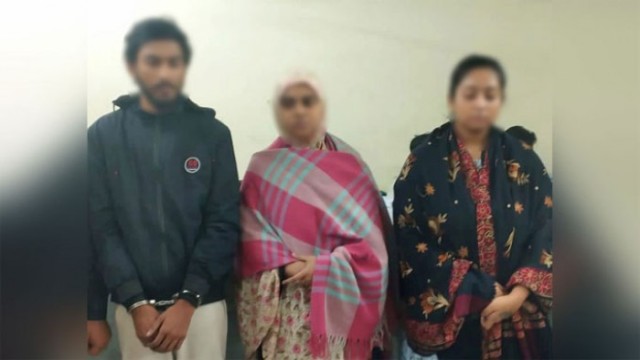
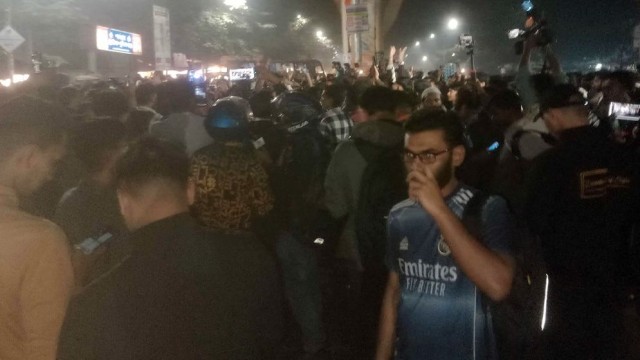
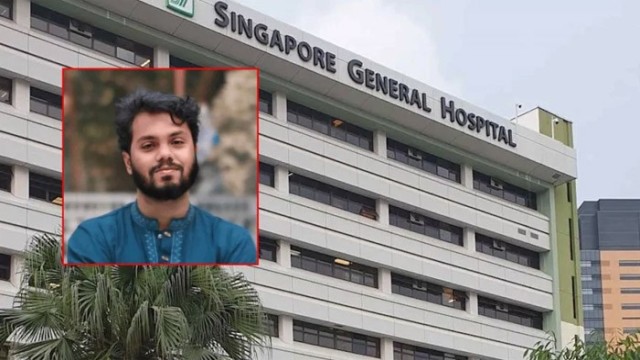

Comment: